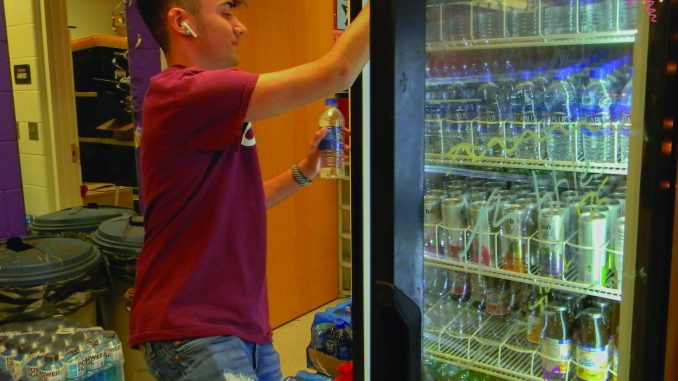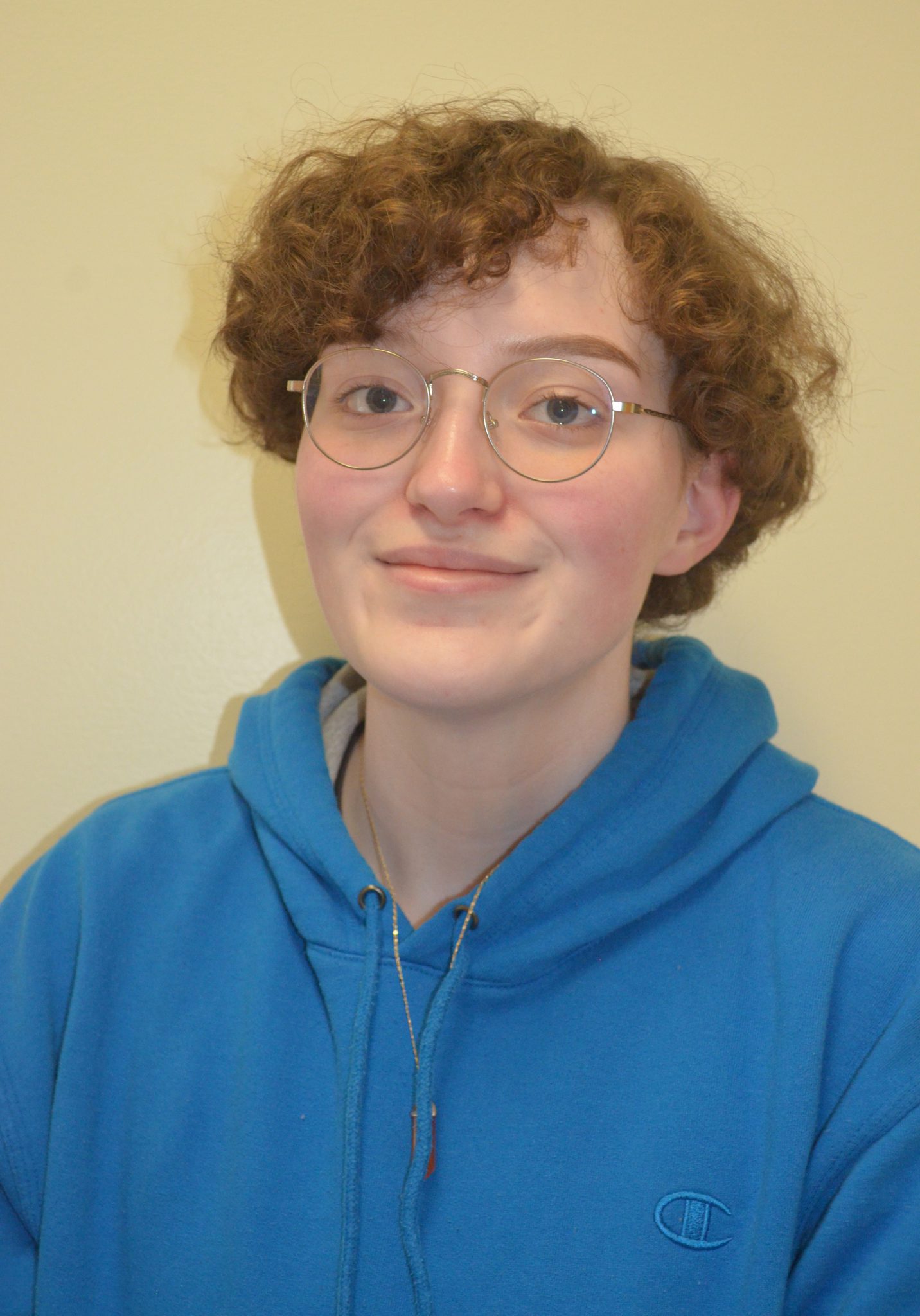
Written by Wyatt Garlow, Staff Writer

High school can feel like the lottery to some teens. They put in so much effort, only to receive so little back.
It isn’t uncommon for high schoolers to finish feeling unfulfilled.
About 47 percent of high school graduates don’t complete either a college or career-ready course of study after high school, accord- ing to national education-based surveys by the Hechinger Report, at Columbia University in New York.
But how do Indian Trail High School & Academy students and alumni feel about their experience?
Scout Testard, a 2019 IT General Studies graduate, said that the Kenosha Unified School District theatre program is amazing and has taught her some of the skills she’s learning right now at Columbia College in Chicago.
The Advanced Placement classes at Indian Trail also receive high praise from alumni, who say the coursework is similar to their college classes now.
According to Matt St. Martin, Indian Trail’s vice principal, Indian Trail’s preparation of students is a two-fold process.
“The one avenue is the academic side of things. If you look at our high school compared to other high schools near it, academically we’re preparing students to a high degree,” St. Martin said.
From after school clubs, sports programs, student internships, to KUSD’s theatre program, Indian Trail offers many opportunities for students to pursue something they may want to do after high school.
Yet some students believe that not enough practical skills are being taught. Teens are concerned about learning how to do their taxes, buy a house, and even change a at tire.
Angela Freeman, a 2017 General Studies graduate from Indian Trail, said that there should be more home economics classes in high school because some students in college aren’t able to take care of themselves properly.
Indian Trail does offer home economic classes, but they aren’t required for graduation.
The Business Academy does require financial literacy course-work. Every fall and spring those nance students host a “Reality Check” event and experience a day of real world situations with a persona they assume for the day.
Their character may face such challenges as large medical bills, the birth of a child, or a job loss as well as unexpected positive experiences such as a bonus or promotion.
Both staff and alumni agree that high school does a good job of teaching core skills through classes. Researching, communication, editing and writing are common tasks found in every path of life.
What about the students who are unsure of their future path or don’t want to go to college?
“My goal would be that all the doors are open and that they can choose. It’s our job as a school to make sure that all those doors are open. If we are closing doors to students, then there’s something we need to look at in ourselves,” St. Martin said.
Elizabeth Ekstrom, a counselor at Indian Trail, provided a different perspective saying there are three options.
“Most students who want to go right into the workforce already have established some kind of connection with someone they’re going to go work for, and we don’t have to intervene,” Ekstrom said. “Otherwise we talk to them about (the) military, two year and four-year colleges.”
Though, for college-bound students, the overwhelming response from the alumni interviewed was that high school helps to not stress about college.
“College isn’t as scary as most people make it out to be. A lot of teachers and parents project their stress onto the students, but it’s something to be excited about,” Testard said.
Freeman, who took a gap year before enrolling as a sophomore at the University of Wisconsin-Milwaukee, encourages self-care before committing to college.
“Have an open mind to new experiences. Focus on school but don’t work too hard. College is a new environment with less competition from others and less competing with yourself,” Freeman said.
